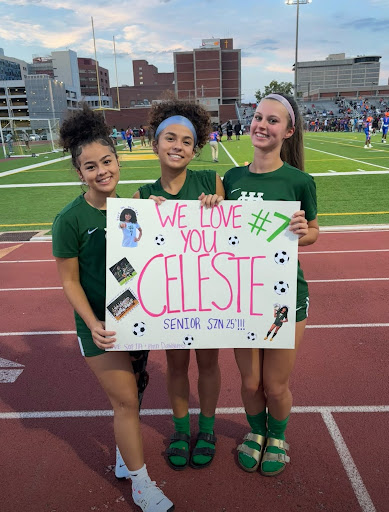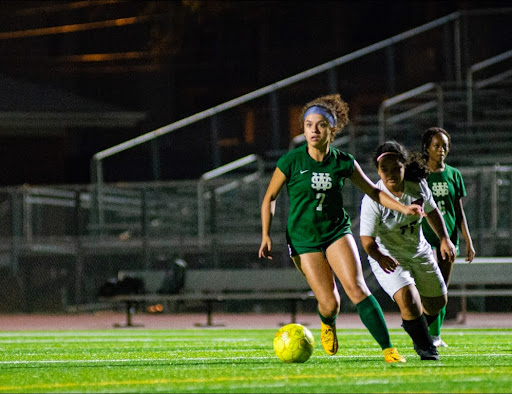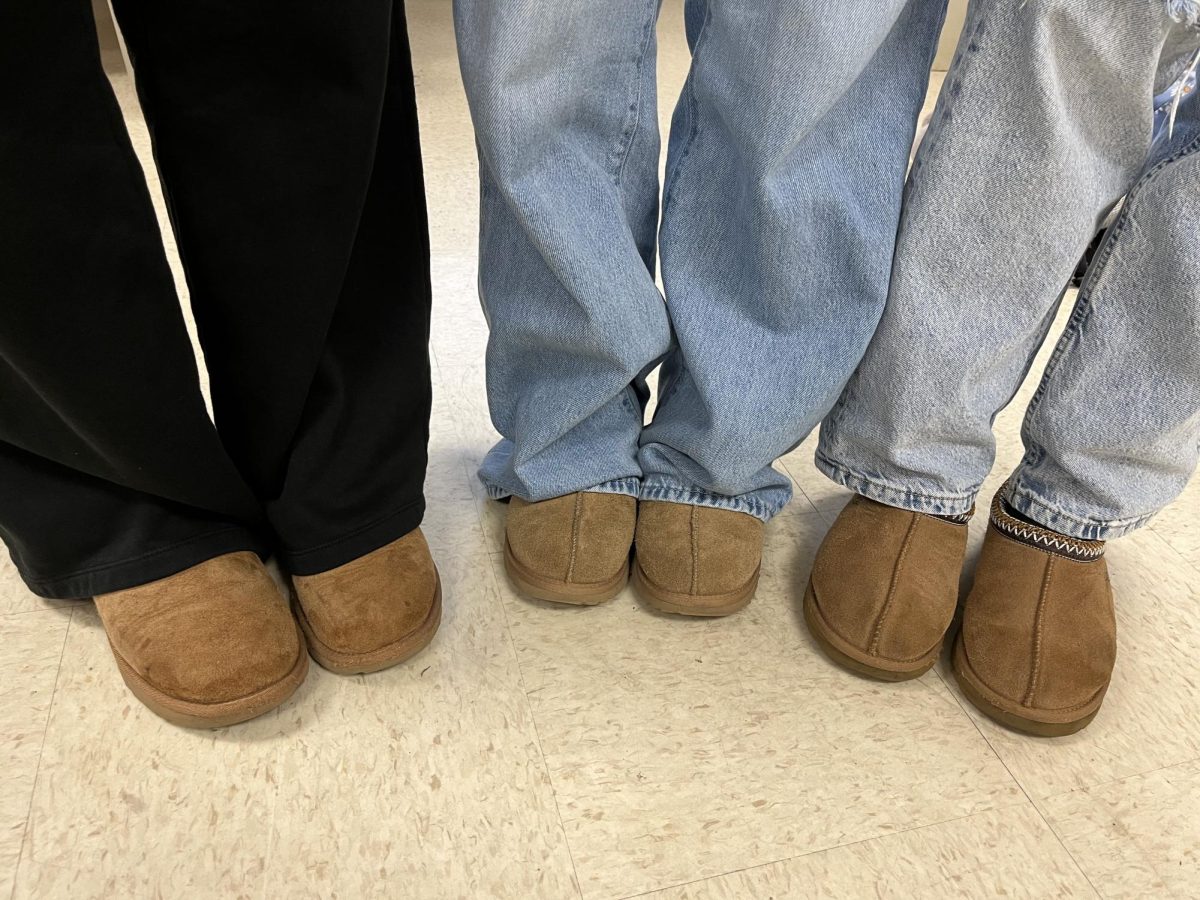There is constantly a whistle blowing, a ball being bounced, passed, shot, a never-ending “Good game,” “Nice play,” “Practice same time tomorrow” and an unrelenting inner voice telling me what to do next, how well my last play was and to keep pushing. Then suddenly, the world goes quiet. There are no more games to play, no more practices to attend, no more sports: I am officially a NARP.
“NARP” — an acronym for “non athlete, regular person”— is commonly used among Gen Z to describe those who do not play a sport. As an athlete, the word is comical, something to throw around as a joke to make fun of “regular people.” As an ex-athlete, the word holds a bitter taste.
In American society, sports are everywhere. Many children find love for a specific sport and dream of playing professionally. I personally fell in love with soccer when I was ten. The aggression, the stamina, the grit, the passion and the dedication it requires satiated a thirst I never knew I had.
Like many other athletes, by the time I was a young teen, my sport was everything. Playing for my school and a club team ensured that soccer was a daily — even bi-daily — event. My friends, my time, my thoughts, my entire identity all came from soccer.
It is clear to me now and to an outsider how this attachment can be a problem, but it never bothered me. Everyone’s world on my team also revolved around soccer. The kids I knew outside of soccer who played a sport also dedicated their identities to their sports.
Perhaps this dedication would be a serious issue if I did not enjoy soccer, but I did.
The inner human needs to win, to feel adrenaline and to strive for something can all be satisfied with a sport. Soccer fed me a joy I could not find anywhere else.
Then suddenly, I was left hungry with no nourishment.
When the last whistle blew at the Lady Spartan’s regional soccer game against Collierville High School, I became a NARP, devoid of my lifelong identity.
Losing a constant in one’s life is indescribable. I was exactly the same person before and after my last game, but the NARP realization came later. It is a slow burn that comes when the team group chat goes silent, when there are no practice updates, and when there are no games to be anxious for.
Perhaps being a NARP without ever having played or had an interest in sports is easier. There are no memories that sting every time you remember that you will never play on that field again, no old habits to break, no time slots now nervously void.
Despite the title of NARP, once an athlete, always an athlete. I found myself, like many other ex-athletes, devoting myself to another athletic activity. Our bodies are used to motion, to strain, to work, so it is no wonder they search for it after being without its lifelong source.
As almost expected for an ex-soccer player, I turned to running. Soccer built my stamina, so it came easily. Running required dedication, perseverance and a strong mentality, all reminiscent of soccer. But because I do not compete and am not on a team, I do not find myself making it my identity. To my surprise, it makes me enjoy it so much more. I have no one to prove myself to except for myself. I can run three miles one day and be content, then run ten miles the next and still be happy.
Being a NARP is not the horror I thought it would be. I have more time for schoolwork, friends and college applications. I can now enjoy a physical activity that provides me with all the positives of soccer without any of the mentally draining negatives.










































